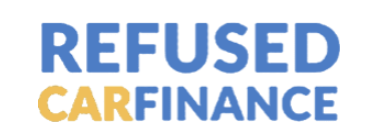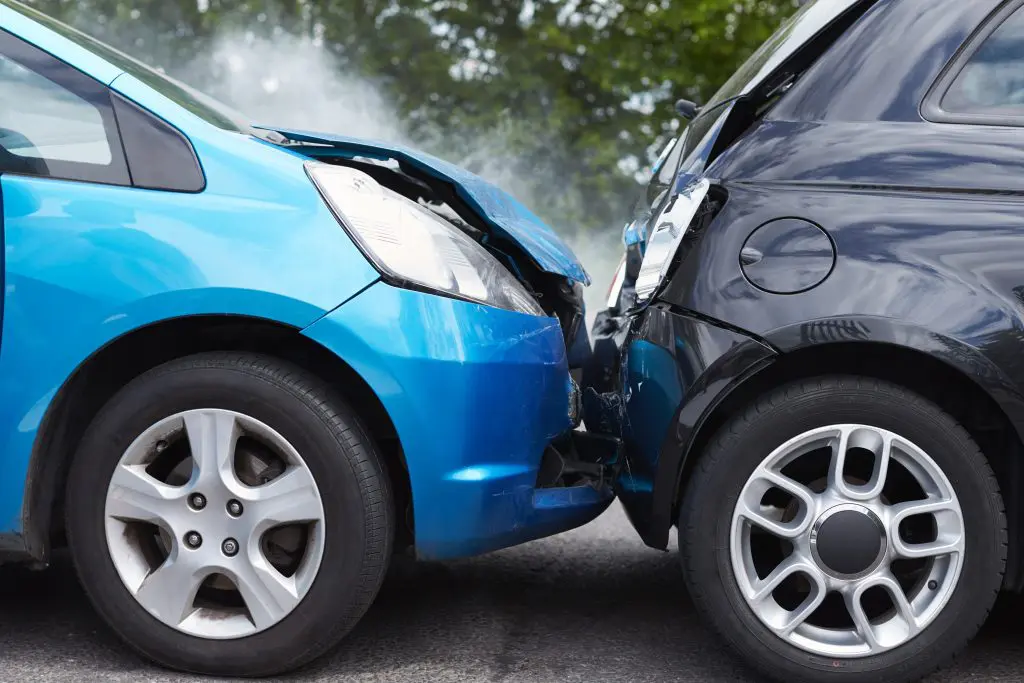Having your car written off is every driver’s nightmare – it can happen in an instant and have a big impact on your life. If your car is written off, it can be stressful at the best of times but if the car is on finance, you may be wondering what your options are. Our blog below explains what happens when your car is written off but still on finance and the next steps you can take.

What is car insurance write off?
An insurance ‘write off’ is when a car has been damaged and is no longer road worthy. This term can also refer to a car that has been involved in an accident and the repairs cost more than the car is worth. Many people imagine a car that is written off looks a complete mess but sometimes the damage may seem minimal but can have much more series repairs involved. Car insurance writes off vary between different categories which can indicate how serious the damage is.
What are the car insurance write off categories?
Car insurance providers use a ‘vehicle assessor’ who is responsible for calculating the damage to the vehicle and the cost of repairs. Car insurance write off categories are in place to rank the seriousness of the damage. They usually fall into categories A, B, S and N which we explain in more detail below.
Category A
This category is when a car has had so much damage that no parts can be salvaged, or the vehicle is beyond repair. This can be known as ‘scrap only’ as the only option is for the vehicle to be crushed and destroyed.
Category B
Category B is similar to category A where the vehicle is no longer roadworthy, but it doesn’t have to be destroyed. Instead, the vehicle will never be used on the road again but can be broken down for parts. The body of the car will usually be crushed but road worthy parts can be salvaged and used in other vehicles.

Category S
Category S was created in 2017 and replaced the formally known category C. Category S (structurally damaged) is when a vehicle has suffered repairable structural damage. Usually, the damage is only to the chassis and the vehicle can be repaired. The vehicle will need to be registered with the DVLA again before it can be put back on the road.
Category N
Category N was formally category D and relates to vehicles that are Non structurally damaged and repairable. This means the vehicle has been damaged superficially and the structure of the car remains intact. You don’t need to reregister these vehicles either but you will need to notify the DVLA that the car has previously been written off.
If your car is written off follow these steps:
If you’ve taken out a car finance deal and your car is written off, there are a few things you will need to do:
1. Contact your lender
Your lender is the one who provides the car finance so it’s crucial that you let them know your car on finance has been written off. You should do this as soon as possible so they can recommend the best course of action to take.
2. Contact your insurance company
Your car insurance policy may be affected by your car being written off. You should also contact your car insurance company at your earliest convenience. You can contact them over the phone or in writing but calling them can be quicker.
3. Inform the DVLA
Depending on the seriousness and category that your car falls into, the DVLA may need to deregister your car so it’s important that you let them know if your car has been written off.
What are your options if your car on finance is written off?
If your car is written off but still on a finance deal, you will have different options depending on a few factors.
- The terms of your finance agreement
- How much of your finance you have paid off
- The state of your car or write off category
REMEMBER!
You should ALWAYS speak to your lender first before you make any decisions. Some options listed may not be possible with certain finance agreements. If you’ve taken out a car finance deal with us in the past and are not sure who your lender is, drop us a message and we can help!
Depending on the above factors, you may be able to:
1. Buy the car back and repair it
In some cases, you may be able to buy the car back from the insurer, depending on the damage to the vehicle. If you want to buy the car back, you should let your insurance company know as soon as possible. Once a settlement figure has been reached, the insurer will own the vehicle and may let you buy the car back. If they do, you could consider getting an independent mechanic to give the car a look over so you know how much the repairs may be. If it suits both the insurance and you, you can then buy the car back and repair it.
2. Clear the outstanding balance on your finance agreement
If your car on finance has been written off, you could consider settling the finance. Your insurer will provide an amount that the car was worth at the time of the incident. You can use this value towards the balance of your finance agreement. If this amount doesn’t cover the cost of your car finance deal, you may be able to make an early partial repayment. Under the Consumer Credit Act, you will be able to pay off the remaining balance early with most finance companies. It’s best to check with your lender before you proceed with any decision.
3. Buy a new car with the insurance money
If your car is on finance and has been written off, you can continue to make the repayments and use the insurance money to buy a new car. You can use the money to get another car to get you on the road quicker, but you will still need to meet your repayments each month till the end of the term on the car that was written off.
What is GAP insurance?
GAP insurance or Guaranteed Asset Protection is designed to help you if your car is written off or stolen. GAP insurance is usually offered on new cars but can also be offered on used cars on finance too. This type of insurance has been created to cover the difference between the payout from your insurance company and the remaining balance on your finance agreement. If your car on finance is written off, this type of insurance helps to protect you from being in negative equity.

